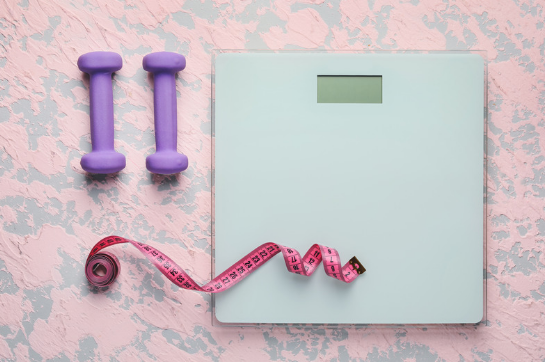Lowering your blood pressure isn’t always as simple as skipping salty foods. The truth is, multiple factors work together to influence your blood pressure, and understanding them can help you take meaningful action. These risk factors fall into two categories—those you can’t change and those you can.
Uncontrollable Risk Factors
Some variables are beyond your control, but knowing them helps you understand your risk and the importance of monitoring your blood pressure.
Age: The likelihood of developing high blood pressure increases as you get older. Men over 45 and women over 55 are more at risk.
Gender: Men are more prone to high blood pressure before age 55. After menopause, women’s risk increases, and by age 75, it’s more common in women than men. Women who take oral contraceptives also face a higher risk.
Family history: Your risk doubles if one or both of your parents had high blood pressure.
Race: In the U.S., African Americans—especially women—are more likely to develop high blood pressure. Other minority groups, such as Hispanics, American Indians, and Alaska Natives, also face higher risks.
Even though these factors are out of your hands, you still have powerful choices you can make to protect your heart health.
Controllable Risk Factors
These are the areas where your daily habits can make a big difference. Focusing on these factors gives you the power to lower your blood pressure and improve your overall well-being.
Your diet: A diet high in sodium, saturated fat, and cholesterol can raise blood pressure. Choose more fruits, vegetables, whole grains, and foods rich in potassium, magnesium, and calcium. Aim for fewer processed foods and added salt.
Your activity level: Regular physical activity—like walking, swimming, or cycling—can lower both systolic and diastolic blood pressure.
Your weight: Carrying extra weight increases your risk. Even losing just 10% of your body weight can positively impact your blood pressure.
Your stress levels: Chronic stress can raise blood pressure. Healthy stress-management tools like yoga, deep breathing, or even a quick walk can help you reset.
Your drinking habits: Limit alcohol to no more than one drink per day for women and two for men.
Your smoking habits: Smoking damages arteries and raises blood pressure. Quitting smoking can begin reversing some of the damage almost immediately.
Why This Matters
When you have other health conditions—like diabetes or high cholesterol—your risk of complications from high blood pressure becomes even greater. But the encouraging news is that you can break this cycle at any point by making healthier lifestyle choices.
Controlling your blood pressure reduces your risk of heart attack, stroke, kidney disease, and other serious conditions. Partner with your doctor or healthcare provider to create a plan that works for you. This may include dietary changes, regular exercise, stress-reduction techniques, medication, and weight management.
Taking even small steps today can help you feel healthier, stronger, and more in control of your future.
___________________________________
References
American Heart Association. Understanding blood pressure readings. Retrieved from https://www.heart.org/en/health-topics/high-blood-pressure
Centers for Disease Control and Prevention (CDC). Facts about hypertension. Retrieved from https://www.cdc.gov/bloodpressure/facts.htm
Mayo Clinic. High blood pressure (hypertension). Retrieved from https://www.mayoclinic.org/diseases-conditions/high-blood-pressure











